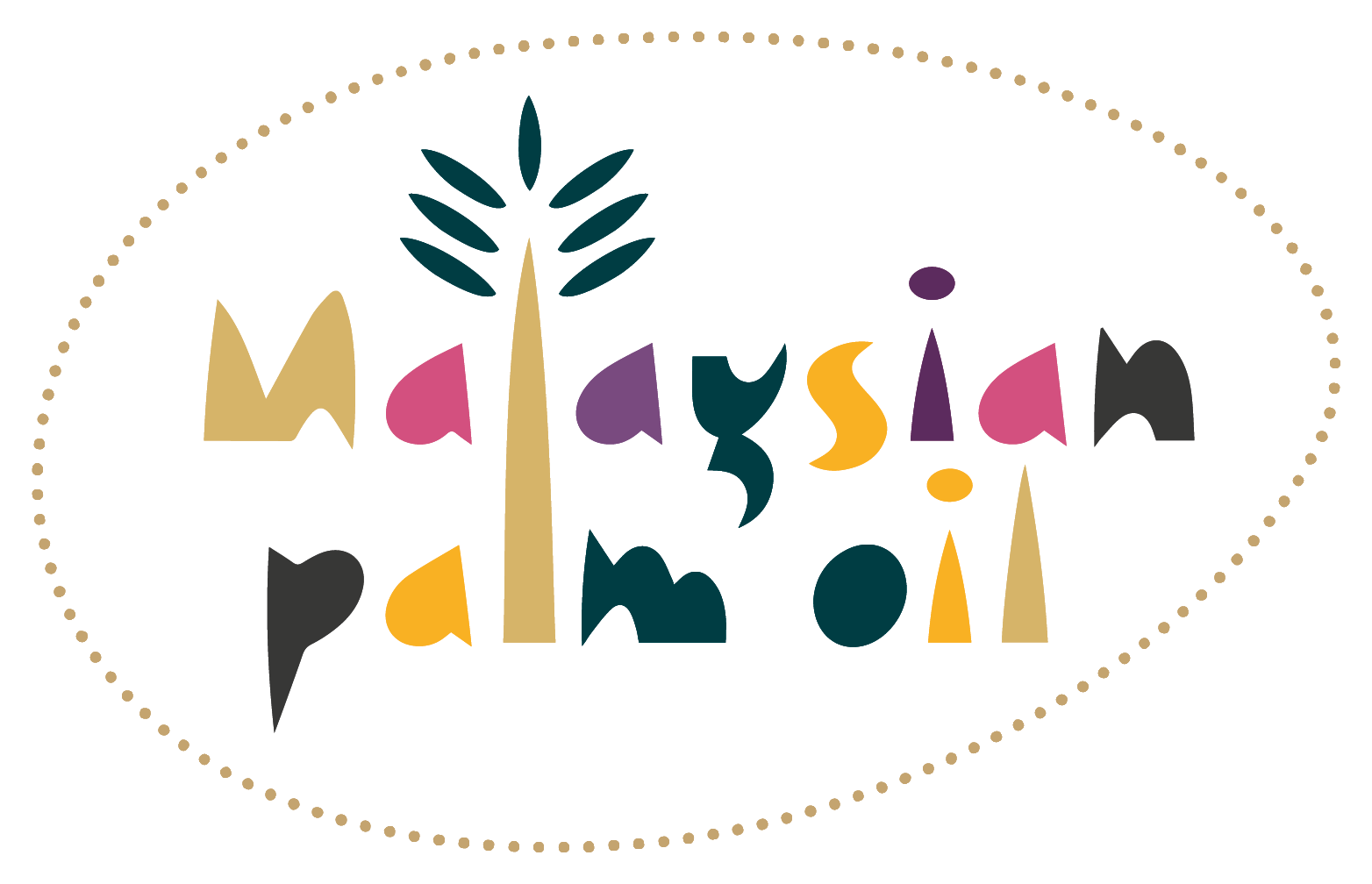Certification
Sustainability certification allows producers to show that their crops and products have been produced to high environmental and social standards. It provides consumers assurance that products are supporting livelihoods and not harming the environment. It plays an important role supporting sustainable production and consumption, which is a UN Sustainable Development Goal.
What is MSPO?
Palm oil is the most-certified vegetable oil crop, and one of the worldâs most certified commodities. It is certified under a number of different schemes. Malaysian Sustainable Palm Oil (MSPO) is the countryâs national certification scheme.
MSPO is mandatory. MSPO is not a voluntary system, like other sustainability certifications. It is a national standard that is mandatory for any entity that is part of the Malaysian palm oil supply chain, whether they are producers (farmers), processors or traders.
MSPO provides different standards for smallholders (farms less than 40.46 ha), medium-sized plantations (between 40.46 ha to 500 ha) and large plantations (more than 500 ha), but the principles for each are the same. It also has standards for processors, mills and traders.
All of the countryâs palm oil planted areas are covered. This means about 5.65 mil ha of Malaysia’s palm oil planted area (as of 31 December 2023).
The standards have been made stronger. MSPO undertook a major revision that was released in 2022 and strengthened requirements on labor and environment in particular.
There are 5 principles organizing the standard.
Management commitment and responsibility
Transparency
Compliance with legal and other requirements
Responsibility to social, health, safety and employment conditions
Environment, natural resources, biodiversity and ecosystem services
The revision introduced new and tougher environmental and social standards.
These include:
Ensuring the eradication of child labour and forced labour
HCV (high conservation value) assessments
A cut-off date for deforestation of natural forest, protected areas and HCV areas by 31 December 2019
Identification of greenhouse gas emissions sources, monitoring, planning and reporting for GHG reduction
A new requirement for Social Impact Assessment (SIA)
Safeguarding of human rights defenders and whistleblowers
MSPO Matters Because…
There is no avoiding responsibility on labour standards. Under the standard, companies cannot avoid responsibilities to employees who are subcontractors or employed via an agency. Employers must take full responsibility for all workers, whether they are directly employed or not.
MSPO also incorporates traceability. MSPO certification can also include traceability through the supply chain via the MSPO Trace platform. In addition, MSPO introduced and approved a MSPO Chain of Custody of Oil Palm Biomass standard at the beginning of 2024. Chain of custody certification allows for the full traceability of certified palm oil products along all stages of the supply chain.
Many large companies in Malaysia will have double certification. They will be certified to both MSPO and other voluntary standards. This demonstrates Malaysiaâs commitment to meeting the sustainability requirements of customers and governments all around the world.
The standard has been recognized internationally. Recognition has occurred through bodies in the UK and Japan and the MSPO has signed agreements with a number of NGOs.
